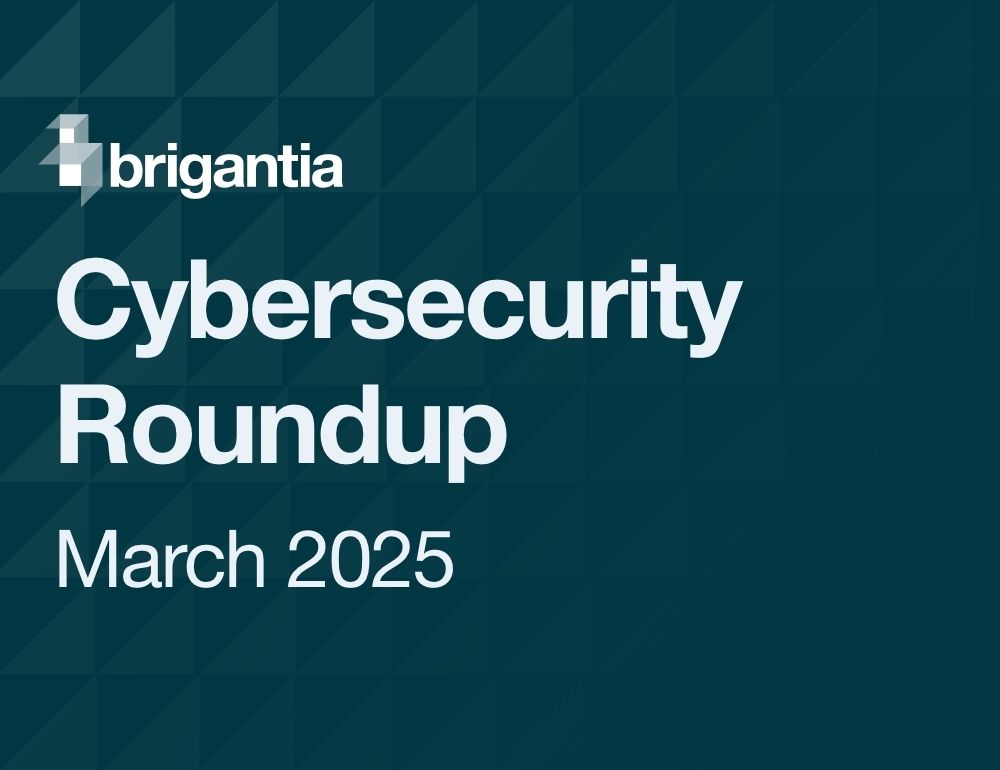As we look ahead to 2024, it's essential to look back on the cybersecurity trends that shaped the landscape in 2023. What has driven the cybersecurity market this year, and where should channel partners focus their efforts in the coming year?
Last year’s predictions
At our annual partner day in October, I reflected on the cybersecurity predictions for 2023, which were:
- The rise of unification
- Growth in the adoption of Cyber Essentials
- An increased focus on incident response
- The rise of the password manager
As a business, we saw consistent growth in most of these areas, with password management seeing significant growth. Looking ahead to the coming year, it's clear that several of these areas show no signs of slowing down and remain in high demand throughout the channel.
2024 predictions
As 2024 appears to be on a similar path, there are huge opportunities for our partners in these areas. Based on developments in 2023 and market feedback, I believe three major themes will climb fast in 2024: unification, password management, and insider threat technologies.
The rise of unification
In 2023, there was a significant drive from partners to consolidate and harmonise their portfolios, and there's no reason to expect this to change. Previously, the trend was for MSPs to provide a plethora of solutions, but this is gradually being pushed aside by businesses seeking a single pane of glass when it comes to their cybersecurity.
I'm confident that this trend will continue in 2024, with more cybersecurity technologies delivering multiple services from a single platform.
One such technology is Heimdal. Heimdal's unique, multi-layered approach provides an end-to-end, proactive cybersecurity suite in a single agent. The solution meets the growing demand for unification and enables MSPs to provide an integrated approach to managing their clients' cybersecurity and infrastructure.
Increasing demand for password management
One of the most rapidly growing technologies this year has been password management. Brigantia alone has seen a nearly 300% increase in the deployment of password management technologies, with no signs of slowing.
Password managers like Keeper enable organisations not only to protect themselves from password-related data breaches and cyber threats but also enhance efficiency and productivity by securely storing and exchanging credentials in private, encrypted vaults for each user.
The rise of insider threat technology
With a challenging and uncertain economic backdrop, end users are becoming increasingly aware of the possibility of insider threat becoming a reality. As a result, demand for insider threat protection is increasing.
Brigantia took this requirement seriously and spent time selecting the best data loss prevention solution. In October, we announced our partnership with Next DLP, a cutting-edge platform for data loss prevention and insider risk management. Next DLP is an exceptional blend of visibility, machine learning, and real-time training for sensitive data protection.
Final thoughts
If 2023 is anything to go by, next year promises both exciting technological advancements and increasing cybersecurity challenges. As always, Brigantia will continue to drive the growth and success of our partner community through our high-quality products and knowledgeable support. Our focus remains on bringing unique, proactive cybersecurity solutions to market as we continue to stay informed about emerging threats and trends.
To find out more about our vendors or about partnering with Brigantia, get in touch!






